qǐ
go up
Phonosemantic compound. 走 represents the meaning and 己 represents the sound.
Evolution

Seal script
Shuowen (~100 AD)
Clerical script
Eastern Han dynasty (25-220 AD)Regular script
ModernDefinitions
qǐ
rise, stand up; go up; begin; to rise; to raise; to get up; to set out; to start; to appear; to launch; to initiate (action); to draft; to establish; to get (from a depot or counter); verb suffix, to start; starting from (a time, place, price etc); classifier for occurrences or unpredictable events: case, instance; classifier for groups: batch, group
Most common words with 起
Freq. | Word | Meaning |
|---|---|---|
also pr. [qǐlai] | ||
together | ||
to rise | ||
unworthy | ||
to lead to |
Sources
